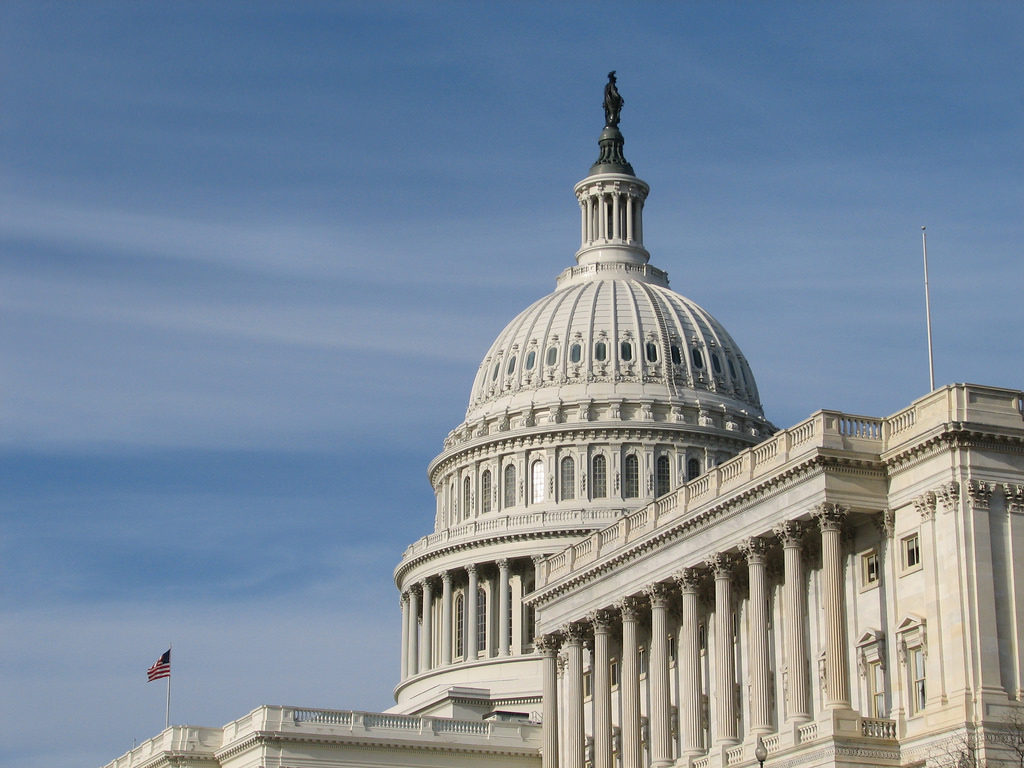As the self-regulation of big tech companies like Google, Facebook, Twitter, and Apple becomes less sufficient, Democrats eyeing taking back the House of Representatives also have their sights set on a new “Internet Bill of Rights” if they retake the majority on Election Day. Somewhat ironically, the lawmaker that has been tasked to create this legislation is the one who represents Silicon Valley on the congressional map.
A few months ago, in the wake of Cambridge Analytica’s breach and Facebook CEO Mark Zuckerberg’s testimony to Congress, House Minority Leader Nancy Pelosi (CA-14) and the Democratic leadership tapped Congressman Ro Khanna (CA-17) to create a set of guidelines, including the right of U.S. citizens to have full knowledge of and control over their personal online data, the right to be notified and consent when an entity seeks to collect or sell one’s personal data, and the guarantee of Net Neutrality.
“Silicon Valley recognizes the need for this legislation,” Khanna said in a report from Bloomberg. “Public trust is their largest asset. So the thoughtful leaders there understand that public trust shouldn’t be squandered, and that they need to answer and reflect about the abuses of these platforms.”
Stated through a news release, the “Internet Bill of Rights” is as follows:
“(1) To have access to and knowledge of all collection and uses of personal data by companies;
(2) To opt-in consent to the collection of personal data by any party and to the sharing of personal data with a third party;
(3) Where context appropriate and with a fair process, to obtain, correct, or delete personal data controlled by any company and to have those requests honored by third parties;
(4) To have personal data secured and to be notified in a timely manner when a security breach or unauthorized access of personal data is discovered;
(5) To move all personal data from one network to the next;
(6) To access and use the internet without internet service providers blocking, throttling, engaging in paid prioritization, or otherwise unfairly favoring content, applications, services, or devices.
(7) To internet service without the collection of data that is unnecessary for providing the requested service absent opt-in consent;
(8) To have access to multiple viable, affordable internet platforms, services, and providers with clear and transparent pricing;
(9) Not to be unfairly discriminated against or exploited based on your personal data; and
(10) To have an entity that collects your personal data have reasonable business practices and accountability to protect your privacy.”
Khanna said he’s “hopeful” of action on the legislation in the first 100 days of the next Congress, presuming that Democrats win back the House.
For him, he explained that “it’s not fair in some sense to blame 30-something entrepreneurs for the failure to protect privacy when Congress has been derelict. The real culprit is the United States Congress,” because they have yet to pass laws that regulated a problem tech companies thought they could fix themselves.
“Citizens need to be protected not just from government overreach, but from the overreach of corporate actors,” Khanna added.
Nevertheless, “number 9” on the list is a main concern to people, largely those who see bias in many social media companies.
Over the past few years, social media censorship of conservative organizations and opinions as reached an all-time high. Following the infamous congressional hearing of Facebook’s CEO, conservative leaders banded together to call on tech and social media giants for equal treatment. They asked for big tech to provide transparency, create a clear and concise definition of “hate speech,” offset liberal biases, and have a First Amendment-like standard for censorship.
Tech companies have said they are trying to tackle the problem of censorship and bias that does not restrict the freedom of expression. However, nothing has been fixed yet.
Regardless, it is still bothersome that Zuckerberg said to Congress that Facebook and others in the industry “welcome regulation if it’s right.” Khanna and others say “it’s not fair in some sense to blame 30-something entrepreneurs for the failure to protect privacy.” Well, why not?
If Ford made a bad car, would the company’s CEO and the auto industry lobby for Congress to make a law to rectify the situation, or would Ford just institute a recall and fix the problem? Self regulation means fixing your own problems so you keep consumers from fleeing to another competitor.
Come to think of it, has that been the problem all along? The fact that there is no competition means Facebook does not need to alter its practices because in the end it does not matter – the consumers will always be there. In that case, should there be a move to bust up big tech?

